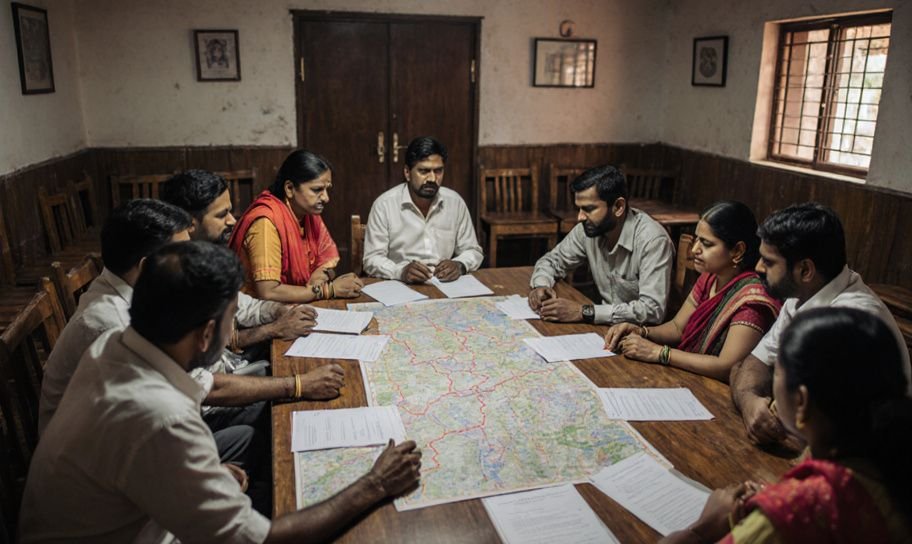
Quick Summary: The Bombay High Court dismissed several petitions that challenged the final announcement of ward formation in Maharashtra. The court highlighted the limited ability to interfere in election-related matters and supported the decisions made by local authorities.
A group of petitions was filed against the ward formation in different districts of Maharashtra. Sudhir Sanjivan Munde and others opposed the final announcement issued for the upcoming local elections. The petitioners claimed that the ward boundaries were drawn randomly, breaking rules and favoring certain political groups.
The court, led by Judges Manish Pitale and Y.G. Khobragade, pointed out the limited authority under Article 226 of the Indian Constitution in election matters. The court emphasized:
"The Supreme Court has stressed the need to hold elections in a democracy, so that local self-government is achieved as soon as possible."
Sudhir Sanjivan Munde and Others' Claims: Several petitioners argued that their concerns were not properly addressed and that the ward boundaries were drawn to benefit specific political interests.
Court's Stand: The court found that authorities had followed proper procedures, including public meetings and review of objections. It stated:
"Proper hearing was given and inputs provided by the Deputy Collector/Tahsildar and the Collector were considered."
Taluka - Kalamnuri, District - Hingoli: The court found that natural boundaries were considered, dismissing claims of randomness.
Taluka - Jamkhed, District - Ahilyanagar: Despite objections, the court upheld the changes, noting that population balance and natural boundaries were considered.
Taluka - Mahur, District - Nanded: The court dismissed claims of political bias, stating that population balance was a key factor in decision-making.
The court dismissed all petitions, reinforcing the constitutional limit on court interference in election processes. It stressed the importance of timely elections and the Supreme Court's directive for quick local elections in Maharashtra.